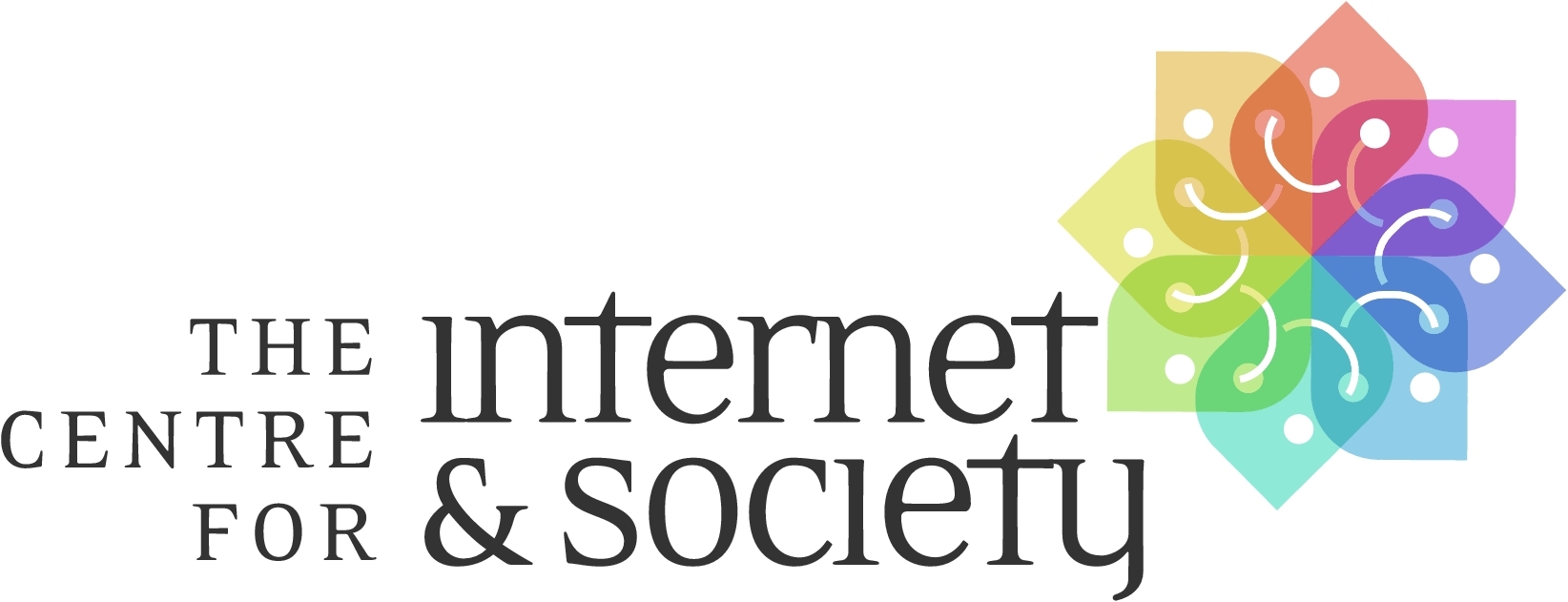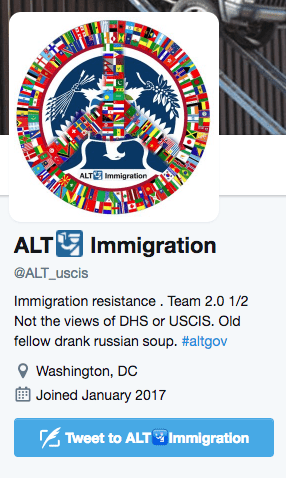05 May Turkey blocks Wikipedia, UK lawmakers mull fines for social media companies, and US-based cloud services companies pledge compliance with EU data protection rules
Corporate Accountability News Highlights is a regular series by Ranking Digital Rights that highlights key news related to tech companies, freedom of expression, and privacy issues around the world.
Turkish government blocks Wikipedia

Image via Wikimedia foundation (Licensed CC BY-SA 3.0)
The Turkish government blocked Wikipedia this week, citing a law that gives authorities the ability to block websites that it deems are obscene or a threat to national security. “Instead of coordinating against terrorism, it [Wikipedia] has become part of an information source which is running a smear campaign against Turkey in the international arena,” the government said. The Wikimedia Foundation issued a statement refuting the government’s claims and urging authorities to remove the block. “We strongly oppose censorship or threats that lead to self-censorship,” stated Wikimedia.
Blocking Wikipedia is the Turkish government’s latest crackdown on freedom of expression on online platforms. Turkey was rated “Not Free” in Freedom House’s annual Freedom on the Net report, which noted the government has, on numerous occasions, temporarily blocked social media services including Twitter, Facebook, WhatsApp and YouTube. According to Twitter’s most recent transparency report, Turkey had the greatest number of government requests for content removal, both in terms of court orders (844 requests) as well as requests from government agencies, police, and other government authorities (2,232 requests).
UK Parliament: Social media companies should do more to police content
A new report by the UK Parliament’s Home Affairs Select Committee calls on social media companies like Twitter, Facebook, and Google to do more to monitor and remove illegal content. The report criticizes these companies for being “shamefully far” from addressing “illegal and dangerous content,” claiming that they should be able to use the same technology used to identify and take down content for copyright infringement to identify and remove hate speech and extremist content. The report recommended the UK government consider fining companies that fail to remove illegal content quickly enough, referencing a law recently proposed in Germany.
Some privacy advocates warn that such efforts to curb extremist content could lead to increased government censorship and that automating the process could make it more likely that legal content is erroneously removed.
As highlighted in the 2017 Corporate Accountability Index, some companies, like Google, Microsoft and Twitter, are starting to publish data about content that they remove for violating their rules. For instance, in a 2016 blog post Twitter published some information on these takedowns. The company’s most recent transparency report included data about content that was removed, following a government request, due to terms of service violations.
Companies pledge compliance with EU data protection rules
Google, Microsoft, and Amazon have committed to ensuring that their cloud services will be compliant with new European Union rules on data privacy, which come into effect in May 2018. The General Data Protection Regulation (GDPR), which European lawmakers adopted in April 2016, specifies new, EU-wide privacy rules for handling personal information of EU citizens.
The GDPR requires companies to adhere to the principle of data minimization, to have accountability measures which may include appointing a Data Privacy Officer, and to abide by new requirements for reporting data breaches. Findings of the 2017 Corporate Accountability Index showed that the companies evaluated disclosed little information about policies for responding to data breaches. Only three of the 22 companies we evaluated revealed some information about whether they notify authorities or users who might be affected by a data breach.









